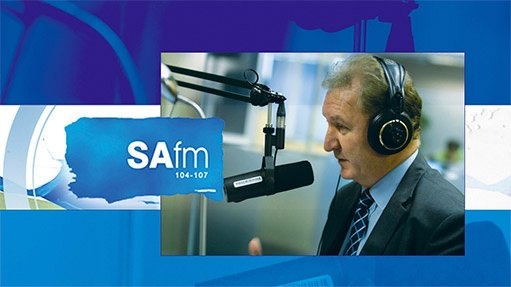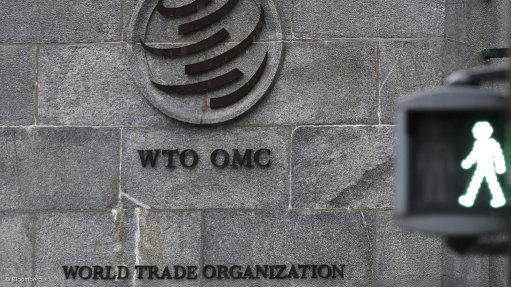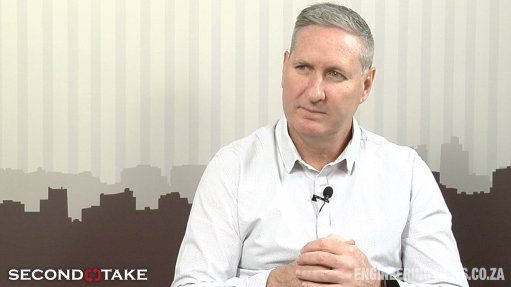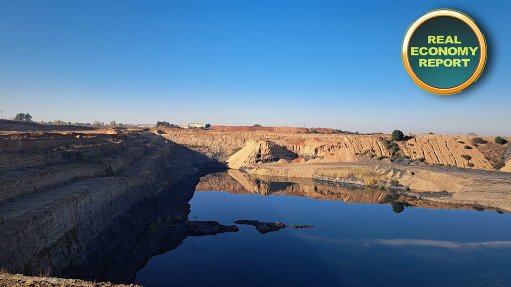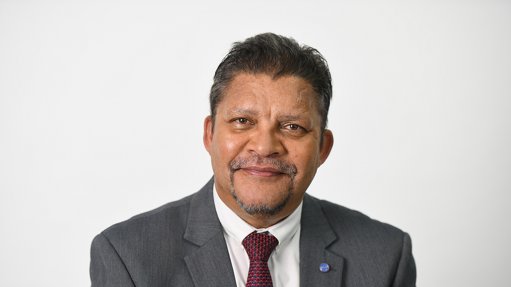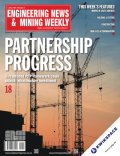Skills proving to be an essential driver of FDI
This article has been supplied as a media statement and is not written by Creamer Media. It may be available only for a limited time on this website.
George Asamani, Managing Director, Sub-Saharan Africa, Project Management Institute
Countries on either side of the equator compete intensely for foreign direct investment (FDI). It brings much-needed capital for their growth and development, including technology transfer and skills. It is also a vote of confidence for the host country. While multinational companies are always on the lookout for the next growth market, their decision to invest is driven by a myriad of interests and strategic reasons, some more important than others.
According to Investment Monitor, availability and quality of labour are arguably even more important than cost. Some MNCs invest abroad as they require higher-skilled labour, especially in the pharmaceuticals, electronics, and telecommunications industries. When associated with low cost, higher-skilled labour makes certain countries particularly attractive to MNCs in specific sectors. The quality of labour is fast becoming one of the most critical drivers of FDI, if not the most.
Data collected from the UN Conference on Trade and Development’s (UNCTAD) World Investment Report 2020 and the World Economic Forum’s (WEF) Global Competitiveness Report 2019 shows that countries with higher-skilled and better-educated workforces tend to attract more greenfield FDI projects.
At the recently concluded Africa Summit in London, where PMI was joined on the panel by Development Partners International, Diageo, and Summa, conversations swirled around the importance of project management skills. Many commentators on the day were of the opinion that entering a foreign market required more than just a business plan and deep pockets. It involved a strategic process that guides project execution within scope, allocated budgets, and on time, an ideal brief for a project manager.
The global economy needs 25 million new project professionals by 2030 due to economic growth and development, an increase in the number of jobs requiring project management-oriented skills, and retirement rates. As a result, to close this talent gap, 2.3 million project managers and changemakers will be needed to fill these roles every year to keep up with the demand. In sub-Saharan Africa, the market for project management-oriented employment is expected to grow by 40%, the biggest in the world.
FDI must not solely drive a country’s intent to develop these skills. Domestically, the nature of work has rapidly changed during the last decade due to emerging technologies and disruptive forces, such as 4IR, AI, and automation. Moreover, the skills reset is due in no small part to the pandemic.
Employers cannot solve the skills gap issue alone; they need support from educators to build talent pools with skills relevant to today’s business needs. Studies have highlighted mismatches between the skills African students obtain and those required by employers. Governments and youth-serving NGOs have attempted to address this through skills development programs, including entrepreneurship training. Still, the assumption that every African youth without a job will be inclined to be an entrepreneur is hardly inclusive.
Despite earning monikers like “last frontier of growth,” Africa is not without its challenges. The African Development Bank reports that while 10-12 million youth enter the workforce every year in Africa, only 3 million formal jobs are created annually.
The answer may be to focus more on skills-based hiring, which emphasises the specific skills needed for a position rather than educational credentials or prior experience.
Skills-based hiring can help ensure you fill open positions with the right talent—whether that person comes from outside the organisation or your workforce. It can expand your talent pool and help level the playing field by eliminating some of the unconscious biases that can creep into the hiring process.
This approach is ideal for SSA, where many cannot afford to put themselves through universities. You can only start where you can start and from where you are now. If you’re currently employed, that is the place to begin with the skills development opportunities available. If you are unemployed, there are several free resources online, like KickOff, for you to test your aptitude for project management.
Rome wasn’t built in a day, nor was it built by one person. I am equally sure it had project managers to ensure it was delivered within scope, budget, and on time.
Comments
Press Office
Announcements
What's On
Subscribe to improve your user experience...
Option 1 (equivalent of R125 a month):
Receive a weekly copy of Creamer Media's Engineering News & Mining Weekly magazine
(print copy for those in South Africa and e-magazine for those outside of South Africa)
Receive daily email newsletters
Access to full search results
Access archive of magazine back copies
Access to Projects in Progress
Access to ONE Research Report of your choice in PDF format
Option 2 (equivalent of R375 a month):
All benefits from Option 1
PLUS
Access to Creamer Media's Research Channel Africa for ALL Research Reports, in PDF format, on various industrial and mining sectors
including Electricity; Water; Energy Transition; Hydrogen; Roads, Rail and Ports; Coal; Gold; Platinum; Battery Metals; etc.
Already a subscriber?
Forgotten your password?
Receive weekly copy of Creamer Media's Engineering News & Mining Weekly magazine (print copy for those in South Africa and e-magazine for those outside of South Africa)
➕
Recieve daily email newsletters
➕
Access to full search results
➕
Access archive of magazine back copies
➕
Access to Projects in Progress
➕
Access to ONE Research Report of your choice in PDF format
RESEARCH CHANNEL AFRICA
R4500 (equivalent of R375 a month)
SUBSCRIBEAll benefits from Option 1
➕
Access to Creamer Media's Research Channel Africa for ALL Research Reports on various industrial and mining sectors, in PDF format, including on:
Electricity
➕
Water
➕
Energy Transition
➕
Hydrogen
➕
Roads, Rail and Ports
➕
Coal
➕
Gold
➕
Platinum
➕
Battery Metals
➕
etc.
Receive all benefits from Option 1 or Option 2 delivered to numerous people at your company
➕
Multiple User names and Passwords for simultaneous log-ins
➕
Intranet integration access to all in your organisation












